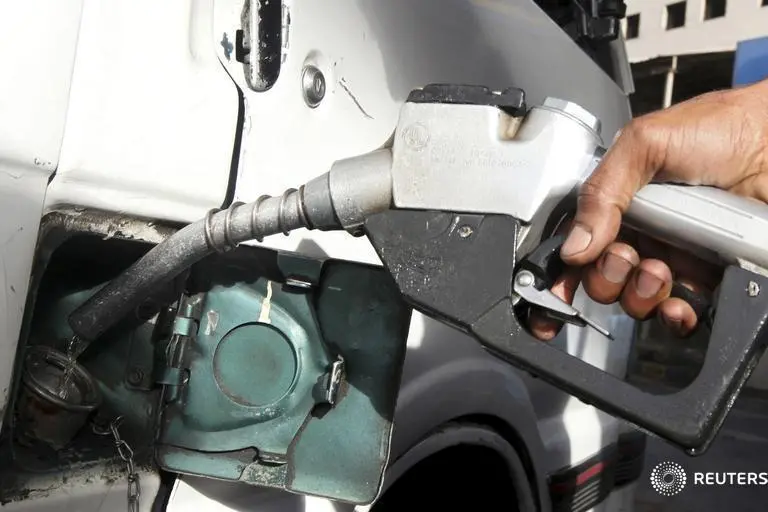PHOTO
CAIRO - Egypt introduced its latest round of fuel subsidy cuts on Friday, raising domestic prices by between 16% and 30% to bring them into line with their real cost, as it nears the end of an IMF-backed economic reform programme.
Scaling back fuel subsidies that have been a drag on the economy for decades was a key plank of a three-year, $12 billion reform package signed with the International Monetary Fund in 2016, as Egypt's economy struggled to recover from the turmoil that followed its 2011 uprising.
The government had told the IMF it would remove subsidies entirely from most fuel products by June 15 after increasing fuel prices steadily over the past four years.
It did not explain the delay in the price rise, but austerity measures are politically sensitive and have dented the popularity of President Abdel Fattah al-Sisi.
The government broadcast messages this week explaining why the fuel price rises were needed. Sisi has repeatedly told Egyptians they need to accept austerity in return for greater economic stability.
Energy subsidies had eaten up as much as 20 percent of the government's budget in recent years.
Starting at 9 a.m. (0700 GMT), the price of widely used 92 octane grade petrol rose by 18.5% to 8 pounds ($0.4825) a litre, while lower quality 80 octane rose by 22.7% to 6.75 pounds ($0.4071) a litre, the petroleum ministry said.
Higher grade 95 octane fuel rose by 16.1% to 9 Egyptian pounds ($0.5428) a litre, and diesel rose by 22.7% to 6.75 pounds per litre. The price of cooking gas cylinders rose by 30% to 65 pounds for domestic use and 130 pounds for commercial use.
The rises bring most fuel prices into line with their costs, though the government is still subsidising gas cylinders and fuel for bakeries and power generation, a petroleum ministry official said.
The official confirmed the government would link domestic prices to international market prices in September. It introduced a similar indexing mechanism for 95 octane petrol in April.
Egypt's economic reforms also included a sharp devaluation of the Egyptian pound and the introduction of a value-added tax. They led to rapid inflation that later cooled.
The measures have improved the country's macroeconomic indicators but have increased the financial strain for tens of millions of Egyptians, many of whom live in poverty.
The economy has been boosted by investment in the oil and gas sector and recovering tourism revenues, but non-oil foreign direct investment has been falling and economists say a lack of structural reforms is hampering broader-based growth.
The IMF has disbursed five out of six $2 billion tranches of its loan.
($1 = 16.5800 Egyptian pounds)
(Writing by Aidan Lewis and Nadine Awadalla Editing by Catherine Evans) ((Nadine.Awadalla@thomsonreuters.com;))





















